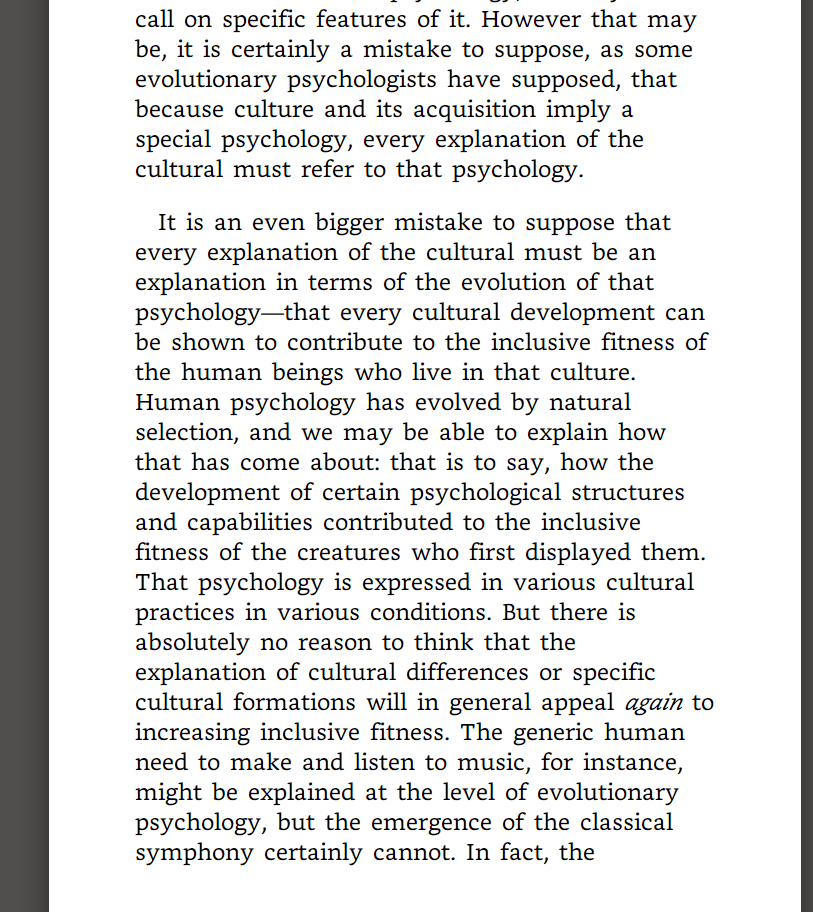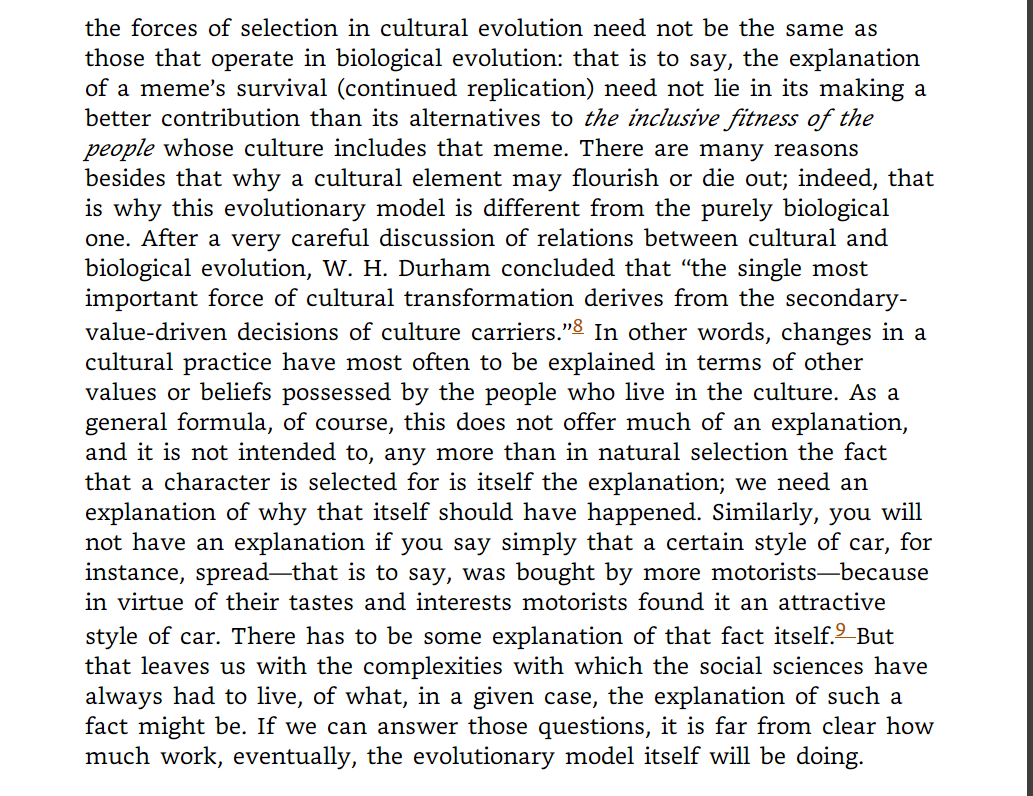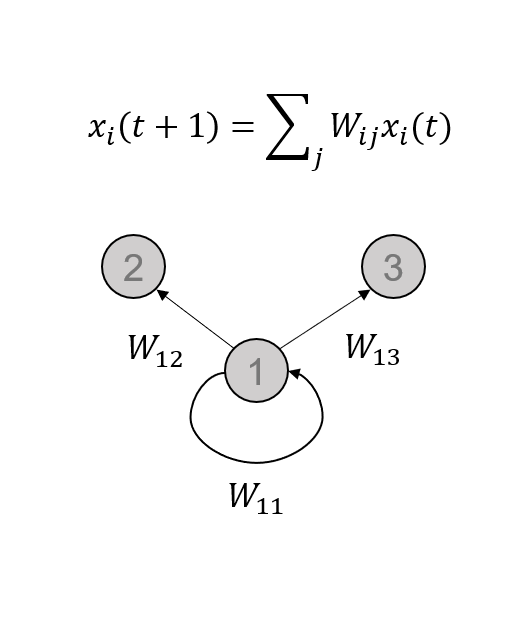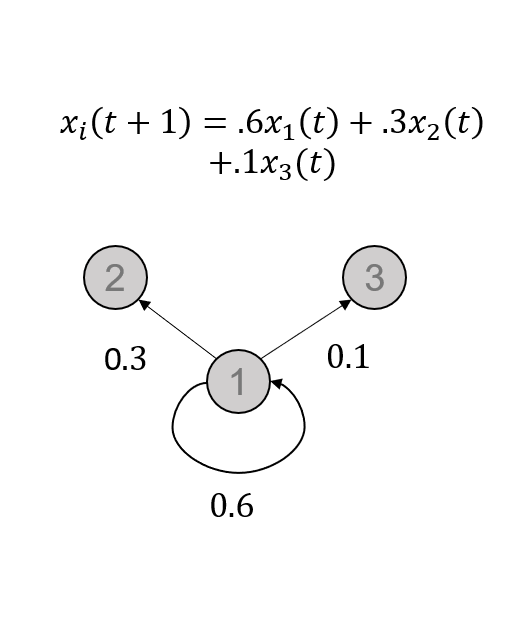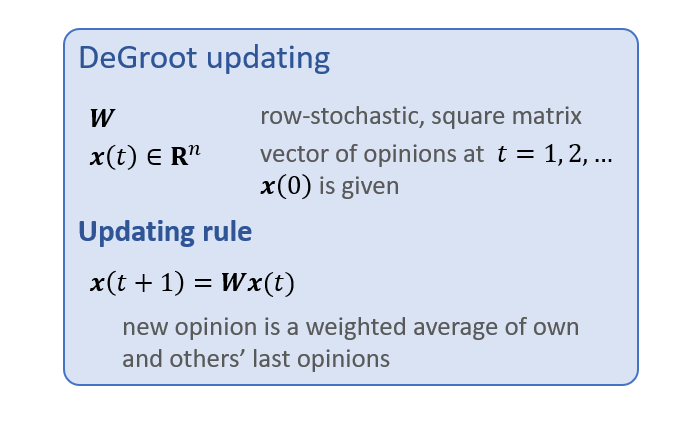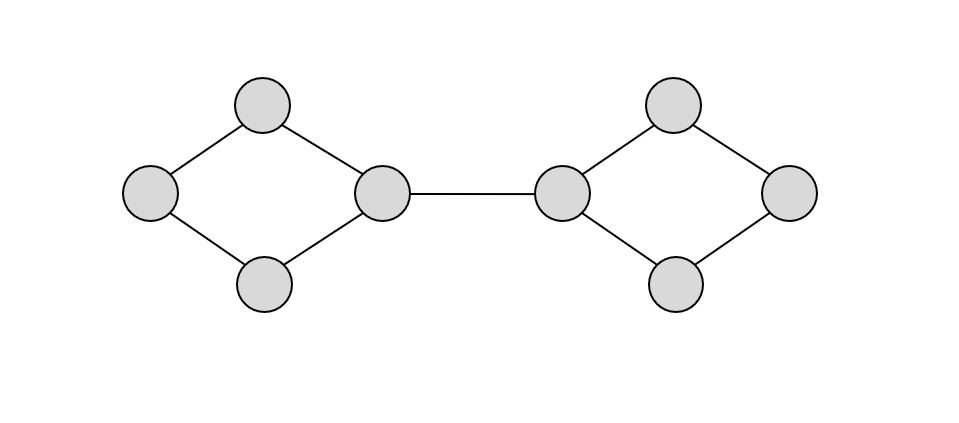
"Reductionist" (i.e., most economic) theories of collective action explain acts like voting by individual incentives, perhaps including "social" phenomena via payoff terms like social pressure or warm glow.
A short thread about an (old) complaint about such theories.
1/
A short thread about an (old) complaint about such theories.
1/
A reductionist theory might say: when you vote, you're almost certainly not pivotal, but you value praise for helping, or you just like the identity of standing for X.
BUT: "praise," "blame," and "identity" are not individualistic ideas.
2/
BUT: "praise," "blame," and "identity" are not individualistic ideas.
2/
Praise, blame, identity, etc. make sense only in a community and a culture that gives them meaning.
"Individualistic" accounts with these special payoff adjustments are incomplete without some engagement with the sources of those "non-individualistic" reasons and motives.
3/
"Individualistic" accounts with these special payoff adjustments are incomplete without some engagement with the sources of those "non-individualistic" reasons and motives.
3/
Some scholars would like to understand everything about these collective/cultural ideas through evolutionary (or similar) theories that ultimately come down to material payoffs. "Our norms evolved because that's how our community gets the most food," etc.
4/
4/
But this kind of reductionism seems goofy: it feels like trying to understand why we have the kind of poetry or pop music we have in terms of what gets us the most food. The explanatory tool doesn't feel compatible with the task.
5/
5/
At best such a theory may explain that we have poetry, but not what kind of poetry we have.
This already suggests the limits of "methodological individualism" in understanding the actual content of our social practices.
6/
This already suggests the limits of "methodological individualism" in understanding the actual content of our social practices.
6/
Once we realize that the details of the "warm glow" or "responsibility" term in individual payoffs is where all the action is, we are forced to start thinking less like economists and more like sociologists.
We have to take the group's "thinking" about itself seriously.
7/
We have to take the group's "thinking" about itself seriously.
7/
And we may have to understand a group's motives in terms of the values that they say they have, rather than some values that we as analysts bring in our toolkit.
8/
8/
To sum up, many "individualistic" theories punt all the content to the ethical/identity payoff terms.
If we want to say anything about those terms, we have to take them seriously. And they're not individualistic things --and probably not reducible to individualistic things.
9/9
If we want to say anything about those terms, we have to take them seriously. And they're not individualistic things --and probably not reducible to individualistic things.
9/9
PS/ This is mostly plagiarizing sociologists (shout out to Mark Granovetter who spent a term griping about economists and their methodological individualism) and some essays by Bernard Williams.
• • •
Missing some Tweet in this thread? You can try to
force a refresh
